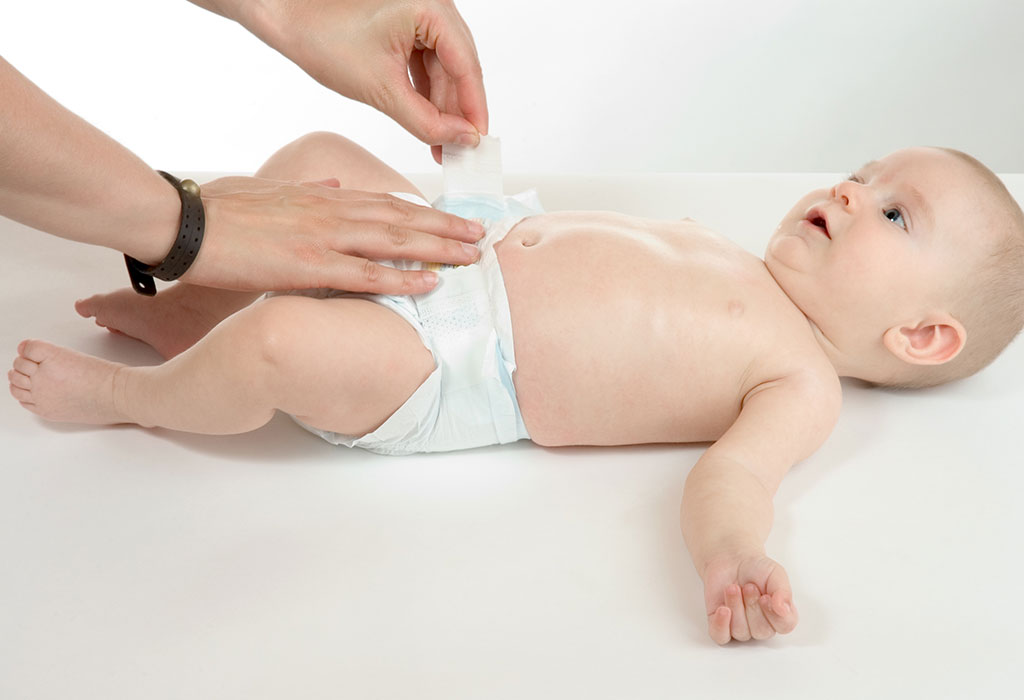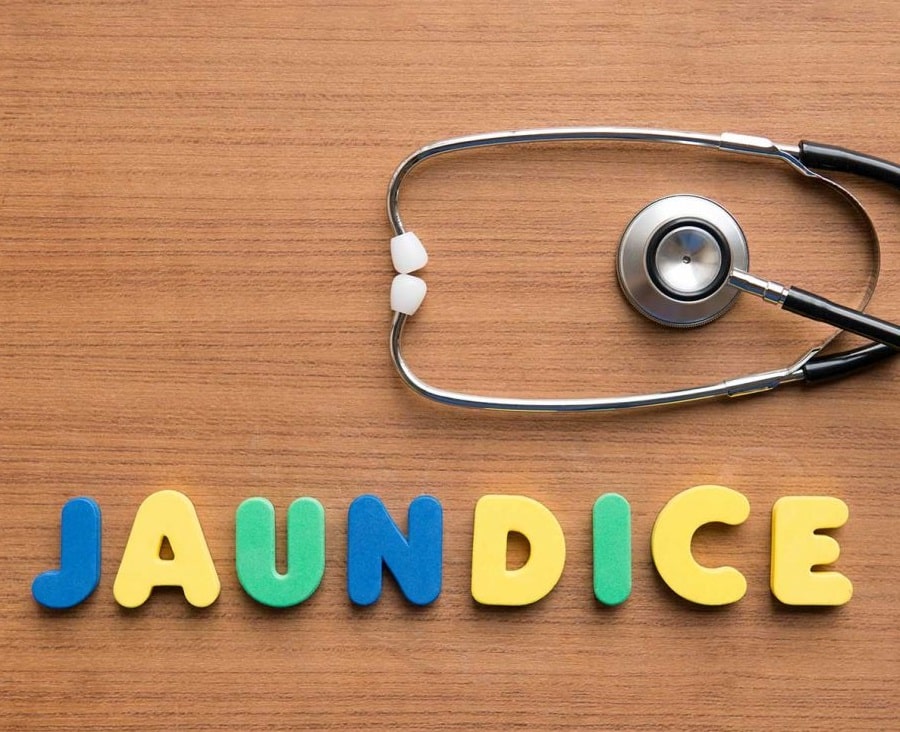The best home remedies for “baby diarrhea”
Baby diarrhea is killing germs in the body and often lasts from a few days to a week. Diarrhea is often associated with fever, nausea, vomiting, constipation, and dehydration. We will address an important issue and remind all parents what they need to know to keep their baby healthy during diarrhea.
Some of the most important causes of diarrhea in children are:
- Infection with viruses, such as rotavirus
- Bacteria, such as Salmonella
- And rarely parasites such as Giardia
- Viruses are the most common cause of diarrhea in children.
- Symptoms of gastrointestinal, viral infection with loose or watery stools often include vomiting, headache, and fever. When treating viral gastroenteritis, which may take 5-14 days – prevention, fluid loss is essential. Breast milk for babies or using ORS powder for babies may be a good solution. Water alone lacks sodium, potassium, and other nutrients for the baby’s health. Be sure to talk to your doctor about your baby’s fluid intake, how to use it, and how to take care of dehydration.
Some important points when diarrhea occurs in children:
- Your baby’s stools may need to be tested.
- Medications such as laxatives or antibiotics can also cause diarrhea in children and adults.
- For mild drug-induced diarrhea, make sure your child is not dehydrated.
- If a group of antibiotics causes diarrhea in your child, do not continue taking medicine and calling your doctor. Your doctor may recommend reducing the dose, changing your diet, adding probiotics, or changing different antibiotics. Studies show that probiotic yogurt can help reduce antibiotic-induced diarrhea. Probiotics help regenerate healthy gut bacteria.
Complications of baby diarrhea:
water shortage; One of the side effects of diarrhea in children is dehydration. Mild diarrhea does not usually cause a lot of fluid loss, but diarrhea can be moderate or severe. Severe dehydration is dangerous and can cause seizures, brain damage, and even death, so be aware of dehydration symptoms. Contact your doctor if your child has any of the following symptoms:
- Colds and dizziness
- Dry mouth and stickiness
- Dark yellow urine
- Very little urine
- Cold and dry skin
- Lack of energy
Dangerous signs and symptoms of baby diarrhea:
- He is too weak to bear it
- He is confused
- He is very sick
- Has had diarrhea for more than three days
- Under six months
- Green and bloody vomit or yellow liquid
- The fever is over 105 degrees Fahrenheit
- A fever above 100.4 degrees Fahrenheit (determined by an anal thermometer) is dangerous for him.
- His body looks dry.
- He has bloody stools.
- Less than a month old and has diarrhea three or more times.
- He had diarrhea more than four times during the past day and did not drink enough water.
- Has a weak immune system
- His body is swollen.
- I have had a stomach ache for more than two hours
- If he is a child and has not urinated in the last 6 hours and is young or adult, he has not urinated in the previous 12 hours.
Ten quick and natural ways to reduce and treat baby diarrhea:
Give plenty of fluids to your baby
Excessive dehydration is one of the main complications of diarrhea. To prevent this, you should give your child pure liquids such as broth, grape juice. Sweet drinks should be avoided because they make diarrhea worse.
Diet
According to research from the American Academy of Pediatrics, the BRAT diet helps prevent diarrhea in toddlers. This diet includes rice, bananas, toast, and potatoes. The potassium in bananas is very good for your child who has diarrhea.
Increase fat and fiber
You need to increase the amount of fat and fiber in your diet. You can make beans, whole grains, whole-grain bread, seeds, vegetables, and fresh fruits for your baby.
Banana
Bananas contain a lot of essential nutrients, so consider them as a complete food for toddlers. The potassium in bananas is good for muscles. It is also a rich source of zinc, iron, magnesium, calcium, vitamin C, vitamin B6, and vitamin A. Note that unripe bananas can cause constipation and should be avoided. If diarrhea improves, you can give your child a banana because it helps replace lost water, energy, and nutrients.
Coriander seeds
Coriander seeds contain a lot of glazes, which is a beneficial natural remedy for diarrhea. Coriander seeds can increase stool. This significantly improves the severity of diarrhea. You can give one teaspoon of coriander seeds along with one tablespoon of yogurt to your toddler. Remember that this is not a suitable method if your child suffers from acute or chronic diarrhea.
Ginger
Ginger is perfect for the body’s general health and the digestive system, so it is also suitable for treating diarrhea. One teaspoon of dried ginger powder can be mixed with cinnamon powder, cumin powder, and honey and consumed three times a day. Drinking ginger tea 2-3 times a day is also beneficial.
Apple cider vinegar
It has antibacterial properties that are very useful for treating bacterial diarrhea. The pectin in this product helps relieve spasms.
Cornelian cherry
The element anthocyanin in Cornelian cherry has antibacterial and antioxidant properties and a large amount of soluble fiber, which reduces diarrhea symptoms. Eating and chewing Cornelian cherry several times a day is the best way to prevent diarrhea and is also helpful in killing germs that cause diarrhea.
Potatoes
This is another effective nutrient used to fight diarrhea. Boiled or roasted potatoes are beneficial for compensating for lost nutrients and help relieve an inflamed stomach.
White rice
This is another excellent food to help treat diarrhea in toddlers. The amount of starch in white rice is very high, so it is straightforward to digest.
When should you see a doctor to treat diarrhea in children?
The presence of fat, mucus, or blood in a toddler’s stool can indicate severe problems such as parasitism or cystic fibrosis.
Contact your doctor if your child has any of the following signs and symptoms:
- bloody diarrhea
- Frequent vomiting
- Refrains from eating and drinking
- Behavioral changes include decreased response or numbness to abdominal pain
Tips to prevent baby diarrhea in toddlers:
Taking care of children to prevent diarrhea is not tricky; follow these tips:
- Make sure children wash their hands thoroughly before eating and after bathing. If your hands or your children’s hands are dirty, germs can quickly enter his body by sucking on his fingers or biting his hands.
- Keep bathroom surfaces clean, which prevents the spread of infectious germs.
- Fruits and vegetables should be thoroughly washed before eating.
- Meat should be stored in the refrigerator.
- Separate pet feeding areas from family feeding areas


